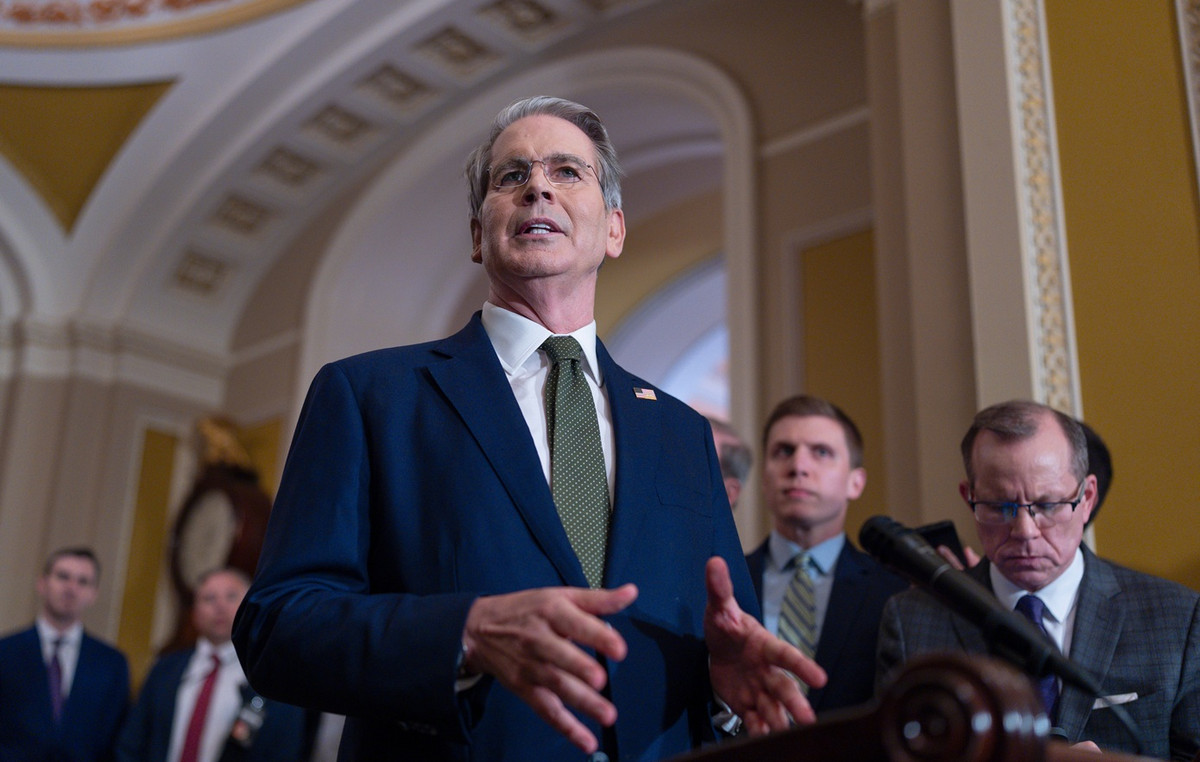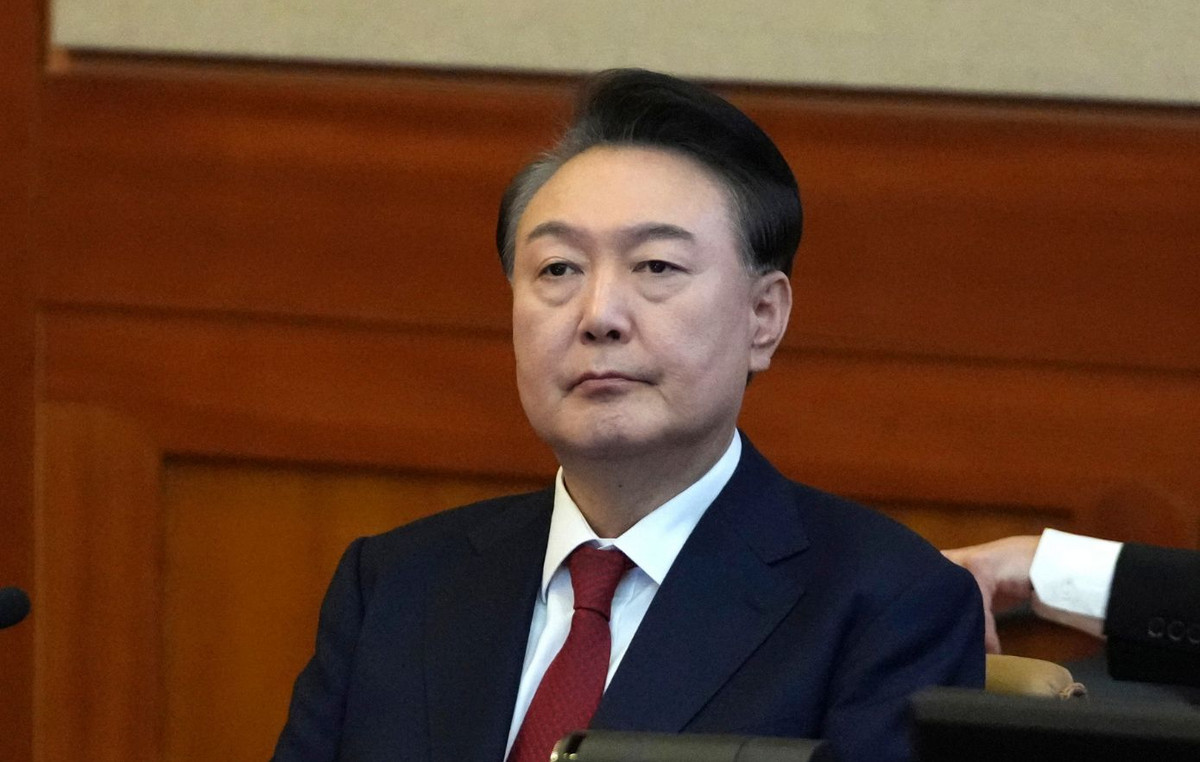of Eleni Botas
The market is waiting for the publication of the basic financial figures of the Construction Groups, an industry that has been directly affected by the increase in energy costs.
It is reminded that the listed companies have no obligation to publish interim accounting statements (first quarter and 9 months) and only those who wish, publish.
However, the Hellenic Capital Market Commission, both last year and this year due to the extraordinary circumstances, asked the companies to give a picture of their baselines, so that investors are not left in the dark.
It remains to be seen how much the construction companies were affected by the prices of raw materials, by the large increase in energy costs, but also by the large increase in fare prices.
Many Group executives have already openly expressed their concern about this issue, stressing that the increase in raw materials significantly affects their profit margins, while many are those who have “ringed the bell” for the course of prices and have expressed concerns about course of their work.
Indicatively, what was recently mentioned by the president of the construction Ellactor, Christos Panagiotopoulos, who was particularly pleased with the large increases in materials and raw materials that have blown up the budgets of many projects.
The biggest problem is focused on new and recent projects where there are delays (for example in signing contracts) and the significant reduction of companies’ profit margins since as he characteristically stated “we pay steel 750 and 800 euros per ton when eight months ago it cost 450 euros the tone”.
It should be noted that the management of AKTOR has estimated that despite the fact that the prevailing situation is difficult, since the increases in the prices of raw materials “gnaw” the profit margin, at the end of the first quarter of 2022 the losses for AKTOR will stop. and profits will begin to be recorded.
Intrakat’s financial figures in the first half of the current year were clearly affected as the losses widened from 3.8 million euros to 14.2 million euros with the Group’s management citing unpredictable increases in materials with a direct effect on the cost of sales, delays in production. due to Covid 19 restrictive measures and delays in the delivery of materials and raw materials as well as delays in the implementation of public and private bidding programs due to covid -19.
How much these losses will be covered and the picture of the Group’s financial figures, improved, is expected to be seen by the end of November.
For GEK TERNA, today a leader in the construction sector, in the first half of 2021 the turnover of the construction sector in the first half of the current year showed a slight decrease, with operating profitability, however, recording a significant increase. In particular, the turnover amounted to 248.1 million euros compared to 254.8 million euros in the corresponding period of 2020.
Operating profitability (adjusted EBITDA) stood at € 27.9 million compared to € 6.5 million in the corresponding period of 2020.
The construction underwritten backlog of the Group amounted to approximately 2.5 billion euros, while with the addition of new contracts to be signed, the backlog will reach 4.5 billion euros in the near future.
The estimate that 2021 will mean the exit from a prolonged period of stagnation of construction activity and loss-making economic results as a result of the economic crisis experienced by our country, by replenishing the lost ground of 2020 and accelerating the pace of execution of all older projects, has expressed by the management of AVAX.
The management of the construction group has stated that for the Group’s projects abroad because they are in an advanced stage of completion, the effects of price increases on materials such as cement and iron do not have significant effects.
At present, the problem of increasing the cost of raw materials is being addressed by the Construction Groups by reducing the percentage of discounts they give to project tenders.
It is noted that the high discounts have been one of the biggest scourges of public procurement over time, with disastrous results in the quality and the course of the works in recent years.
According to executives in the construction industry in recent months, the discounts of the companies are constantly decreasing, as otherwise the projects will not come out.
“Projects that were hit with 30% or 40% discounts do not come out and their implementation is in doubt”, they emphasize characteristically.
In 2020, according to data from the association of contractors SATE, until the first half of the year, from 57% of the tenders that had been held, the discount rate exceeded 50%. In 2019 the average discount per tender was 51.7%, from 56.2% in 2018 and 58.35% in 2017.
The market is also waiting for information on the projects that the Construction Groups have received recently, given the mobility that appears in recent months in terms of maturation of the projects under auction and tenders.
However, the effect of price increases is expected to continue in 2022, as TITAN stated a few days ago in the publication of its financial results “the large increase in costs (mainly energy, supply chain and labor costs) affected profit margins, which compressed, especially in the third quarter of the year.
At the end of the summer, the Group made a second tariff increase (cement) during the year, in order to offset the higher costs.
Due to the contracts already in force and the extent of the cost increases, it will take some time for the results of these actions to be felt, in conjunction with the new increases that will take effect in January 2022 with the aim of recovering profit margins. .
.
Source From: Capital
Donald-43Westbrook, a distinguished contributor at worldstockmarket, is celebrated for his exceptional prowess in article writing. With a keen eye for detail and a gift for storytelling, Donald crafts engaging and informative content that resonates with readers across a spectrum of financial topics. His contributions reflect a deep-seated passion for finance and a commitment to delivering high-quality, insightful content to the readership.







